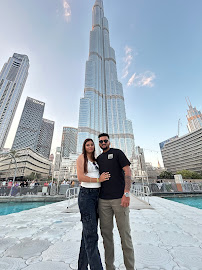Top Hindu Temples in Dubai
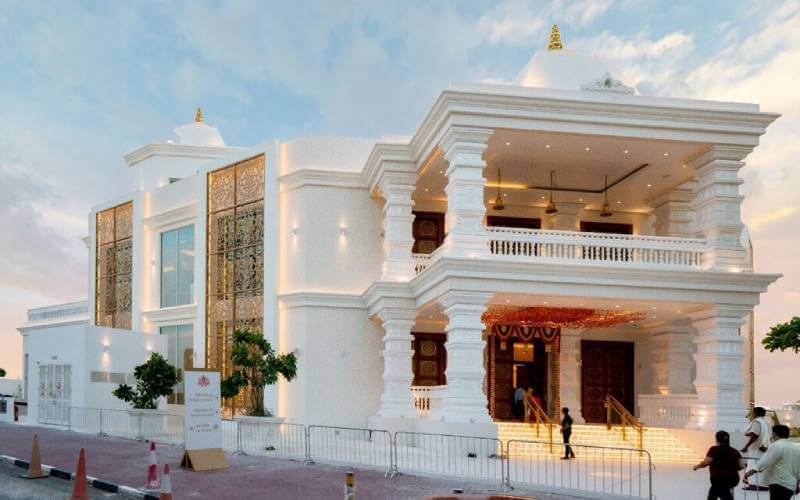
The Jebel Ali Hindu Temple, opened in October 2022, spans 70,000 sq. ft. with intricate Indian architecture, multiple deity shrines, and is part of Dubai’s interfaith “Worship Village.”
- Location: Jebel Ali Village, Dubai...
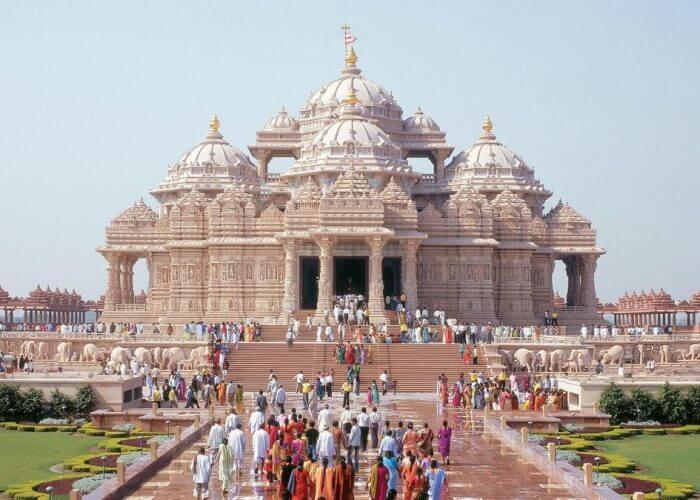
The Shree Khrisha temple in Bur Dubai is one of the oldest and most revered Hindu temples in Dubai. Also known as the Shree Krishna Haveli or Shreenathji Temple, this Hindu temple in Dubai is dedicated to the worship of Lord Krishna.
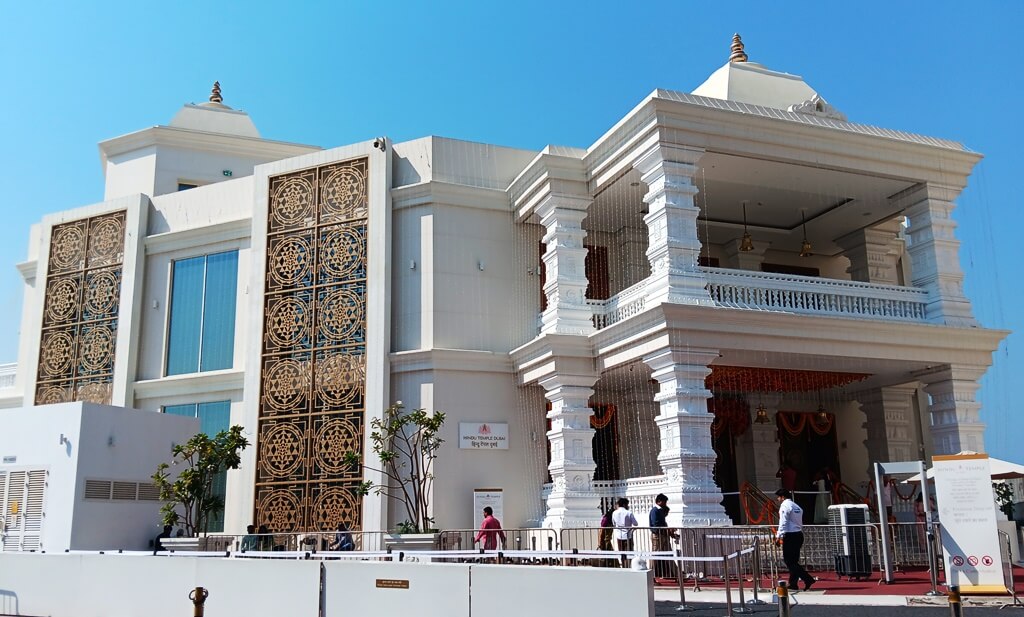
The temple is dedicated to the Hindu holy saint Sai Baba. You will find idols of Gods such as Ganesh, Siva, Vishnu, Durga, Laxmi, Murugan, and Sai Baba at the temple.
- Location: Shirdi Sai Baba Temple, Jebel Ali Village,...
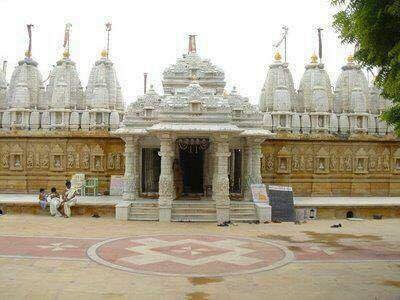
One of the most famous temples in Dubai, and a holy place for the Jain community in Dubai. The temple has beautiful idols of Lord Vimalanatha, Lord Parshwanath, and Lord Sumatinath.
- Location: Musalla Towers, Bur Dubai
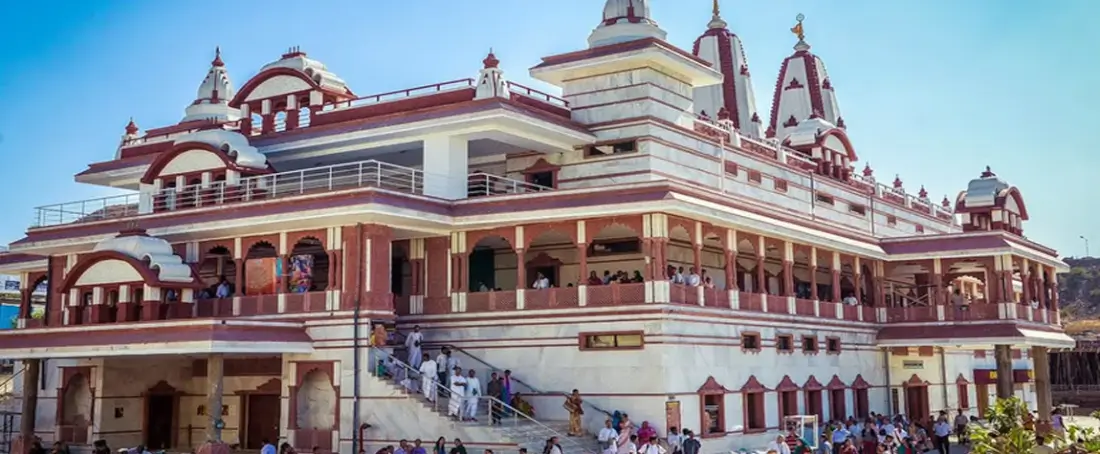
The Dubai ISKCON Temple in the UAE is part of the International Society for Krishna Consciousness. It serves as a spiritual centre for devotees of Lord Krishna, offering regular prayers, teachings, and community events.
- Location:...
The Siddhi Vinayak Temple in Sharjah is dedicated to Lord Ganesha. This temple, with its rituals and festivals, serves as a main centre for the Hindu community in Sharjah.
- Location: Sharjah, UAE
- Highlight...
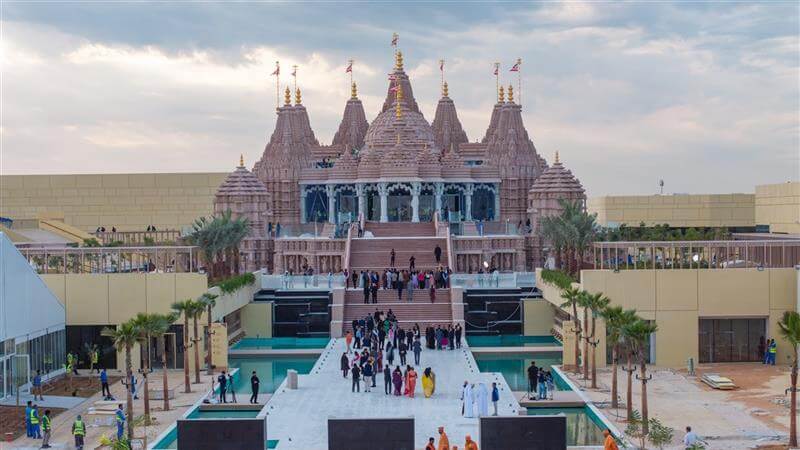
The BAPS Hindu Mandir in Abu Dhabi is the first traditional stone Hindu temple in the Middle East. The project began after the UAE Government generously gifted land in Abu Mureikha in 2015, a gesture that highlighted the nation’s spirit of toleranc...
Read more..Frequently Asked Questions (FAQs)
Some of the most well-known Hindu temples in Dubai include the Jebel Ali Temple, Shree Krishna Haveli, Shiva Temple, and Shirdi Sai Baba Temple. These temples serve as centres for worship, cultural events, and community gatherings. Each temple offers a unique experience, from traditional rituals and devotional music to festival celebrations like Diwali and Janmashtami. Tourists and residents alike visit these temples to witness the spiritual and cultural vibrancy of Dubai’s Indian community while gaining insight into centuries-old Hindu traditions.
Yes, visitors, including tourists, are generally welcome inside Hindu temples in Dubai. While sanctum areas may be restricted to devotees during rituals, most temples allow observation of ceremonies, participation in aartis, and visits to outer courtyards. It is important to dress modestly, remove footwear, and maintain decorum. Visiting the temples offers a unique way to experience Indian spiritual practices and rituals firsthand while respecting the local religious customs, making it both educational and culturally immersive.
Major festivals such as Diwali, Holi, Janmashtami, Maha Shivratri, Ganesh Chaturthi, and Navratri are celebrated with grandeur in Hindu temples in Dubai. During these occasions, temples are decorated vibrantly, and devotees engage in rituals, devotional singing, and community feasts. Festivals are often the best time for tourists to witness the cultural richness, from traditional attire and dances to musical performances. Participating in or observing these celebrations offers a deeper understanding of Hindu customs and the communal spirit of Dubai’s Indian population.
No, visiting Hindu temples in Dubai is completely free of charge. Temples are funded primarily through voluntary donations from devotees. While there is no mandatory fee, some temples may request visitors to register for festival darshan or special events to manage crowd flow effectively. These procedures ensure a smooth experience during busy times. The absence of an entry fee allows both locals and tourists to explore spiritual and cultural activities freely, making the temples accessible to everyone interested in learning about Hindu traditions in Dubai.
Yes, non-Hindus are welcome to visit Hindu temples in Dubai, observe rituals, and enjoy cultural programmes. While participation in certain religious rites may be limited to devotees, visitors can respectfully watch prayers, listen to devotional music, and even receive prasadam in some temples. Modest attire, removal of shoes, and adherence to temple etiquette are essential. Observing these ceremonies offers an enriching cultural experience and provides insight into Hindu philosophy, traditions, and community life, highlighting the inclusivity and openness of Dubai’s religious spaces.
The best time to visit Hindu temples in Dubai is during early morning hours for daily darshan or in the evenings for aarti. Festival periods such as Diwali, Janmashtami, and Maha Shivratri are ideal for experiencing lively celebrations, colourful decorations, and cultural programmes. Visiting during non-peak hours is recommended for those seeking a quiet, reflective experience. Seasonal variations may affect temple activity, so checking specific timings beforehand ensures a smooth visit and allows tourists to enjoy both spiritual and cultural elements of these vibrant temples.
Photography policies vary across Hindu temples in Dubai, but generally, cameras are allowed only in outer areas and courtyards. Taking photos inside sanctum spaces is often restricted to preserve the sanctity of worship. Visitors are advised to ask permission from temple authorities before photographing ceremonies or decorations. Observing rituals respectfully while capturing memories from permitted areas offers tourists the opportunity to document their experiences without disturbing devotees, providing both a cultural and visual insight into Dubai’s Hindu temples and their unique architectural and spiritual beauty.
Yes, many Hindu temples in Dubai are conveniently accessible via public transport, including the metro, buses, and taxis. Temples in Bur Dubai and Jebel Ali are well-connected, making it easy for residents and tourists without private transport to visit. Using public transport is a cost-effective and convenient way to reach temples while also experiencing the city. Accessibility encourages frequent visits for devotees and allows tourists to explore multiple temples in a single day, making it simple to enjoy both spiritual and cultural aspects of Dubai’s Hindu community.
Many Hindu temples in Dubai provide prasadam, sweets, or light refreshments during aartis or festival days. Visitors can respectfully receive these offerings as part of the spiritual experience. Some temples also host communal meals during major festivals like Diwali and Janmashtami. Sampling prasadam allows tourists to engage with local customs and understand the symbolic importance of food in Hindu rituals. Sharing meals and offerings fosters a sense of community and cultural immersion, making the temple visit a memorable and holistic experience beyond prayers and rituals.
Yes, Hindu temples in Dubai are family-friendly and suitable for children. Many temples organise special activities during festivals, such as cultural performances, storytelling, and music sessions, which are educational and entertaining for young visitors. Families can attend daily rituals, observe traditions, and participate in community events safely. Visiting temples offers children a way to connect with Indian heritage while allowing parents to enjoy a spiritual and cultural experience. These family-friendly environments highlight the inclusive and welcoming nature of Dubai’s Hindu temples.
Yes, Hindu temples in Dubai often host cultural events including music recitals, dance performances, and educational programmes, particularly during festivals. These events provide deeper insight into Indian culture, art forms, and spiritual teachings. Attending such programmes allows tourists and residents to experience the vibrant cultural life of the Indian community while appreciating traditional customs in a meaningful and interactive way. These activities complement temple visits and offer an enriching experience beyond prayer and worship.
Yes, most Hindu temples in Dubai have volunteers or staff who can guide visitors on rituals, festival schedules, and temple etiquette. They assist non-Hindu visitors in understanding customs, prayer procedures, and cultural significance. This guidance ensures that everyone, regardless of background, can enjoy a respectful and educational visit. It also helps tourists plan their visits around key events, enhancing their experience and appreciation of Dubai’s vibrant Hindu temple culture.






















